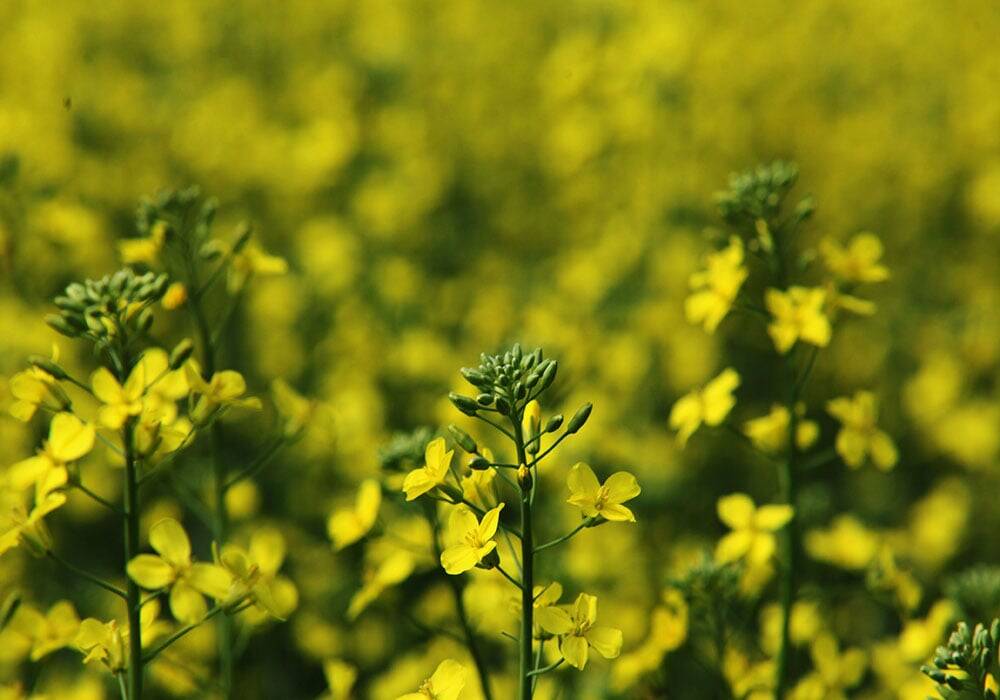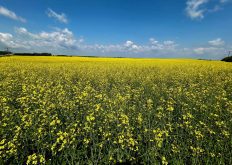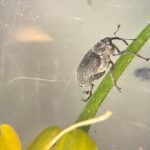Glyphosate-resistant giant ragweed is officially in Ontario, weed scientist Peter Sikkema confirmed Tuesday.
Researchers grew plants from seeds of giant ragweed found in farmers’ fields in the southwestern part of the province in 2008 and the resulting weeds were resistant to glyphosate, Sikkema said at a farmers’ meeting at Uxbridge, Ont.
During the meeting, he showed a picture of two giant ragweed plants about a foot apart shortly after being sprayed with glyphosate.
The resistant plant’s leaves turned black quickly so it could not translocate the chemical to the growing point.
Read Also

Canola industry pumped about 45Z clean fuel ruling in U.S.
Canada’s canola sector is pleased with the new 45Z guidance published by U.S. Treasury.
Glyphosate-resistant giant ragweed plants were seen in several other locations throughout Ontario in 2009, including Pelee Island.
“Now it’s even more important to implement practices to limit glyphosate resistance,” says Sikkema, a scientist in the department of plant agriculture at the University of Guelph’s Ridgetown Campus.
Guelph’s Ontario Agricultural College has been investigating the possibility of glyphosate-resistant ragweed since May last year. At that time, the suspected resistant biotype had been found only in one small identified area of a 580-acre field.
The giant ragweed population in question was brought to researchers’ attention in late 2008, in a field planted to Roundup Ready soybeans in Essex County.
“Glyphosate has become a tool of choice for the control for many weeds, so the appearance of a glyphosate-resistant population can complicate management for growers,” Sikkema said at that time, after conducting the initial research with OAC plant science professor Francois Tardif.
Monsanto, which markets the Roundup brand of glyphosates and owns the Roundup Ready genetics used to breed glyphosate tolerance into various crops, had previously noted just nine weed species in the U.S. and 14 globally with resistance to the chemical.
— Maggie Van Camp is an associate editor with Country Guide in southern Ontario. Includes files from AGCanada.com.














